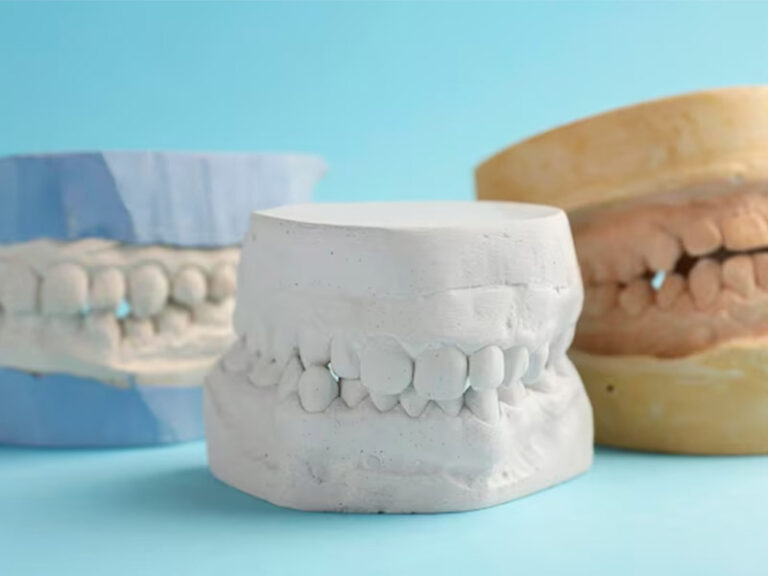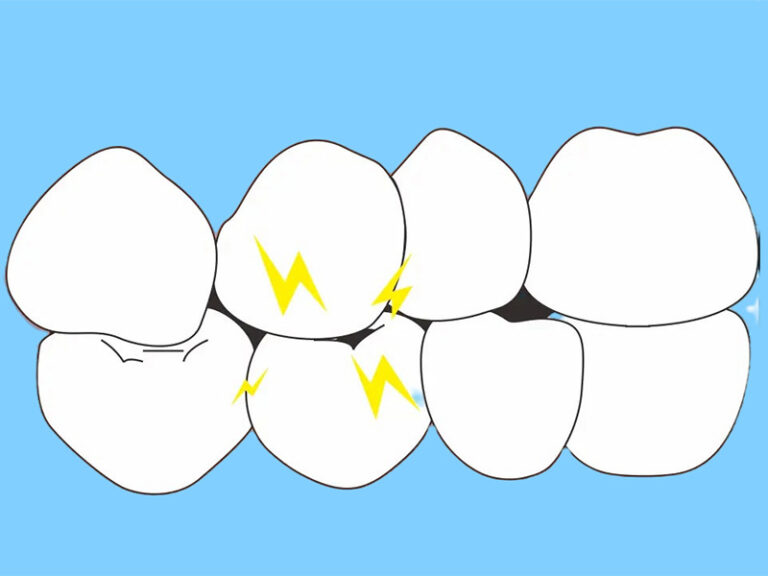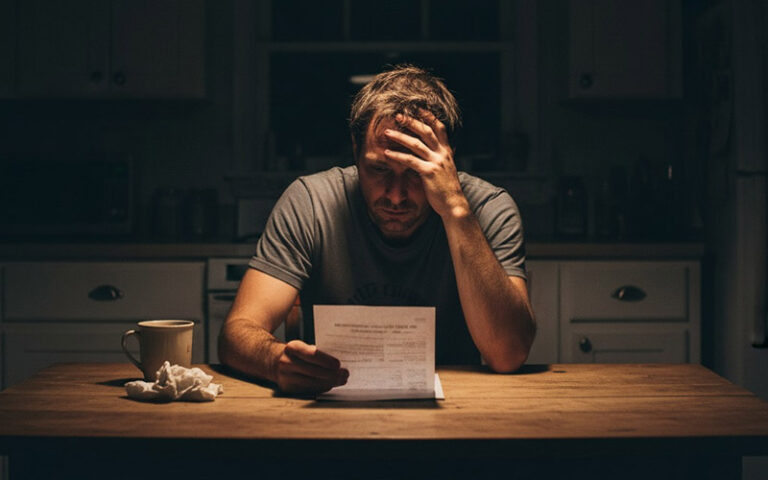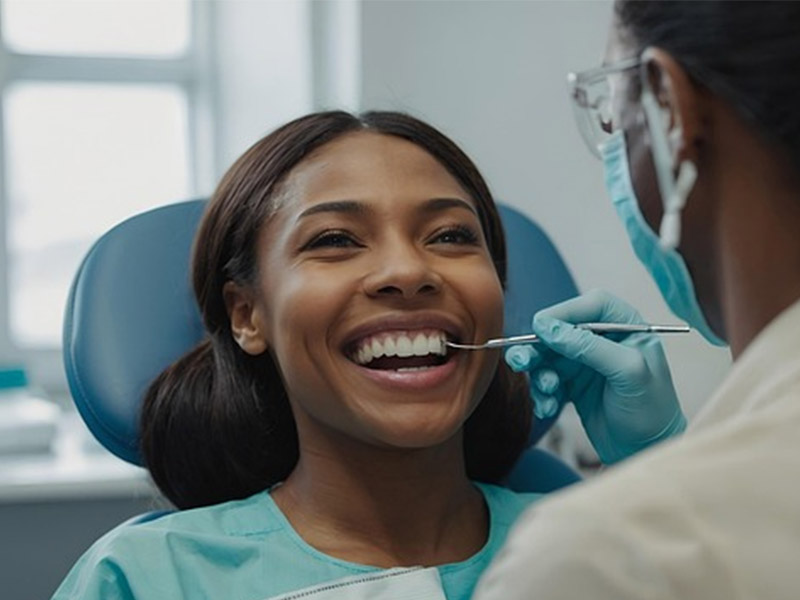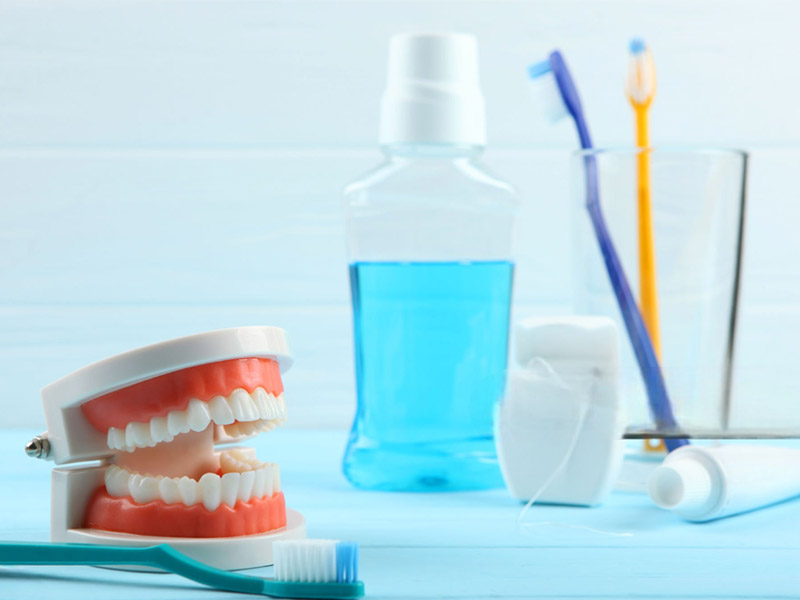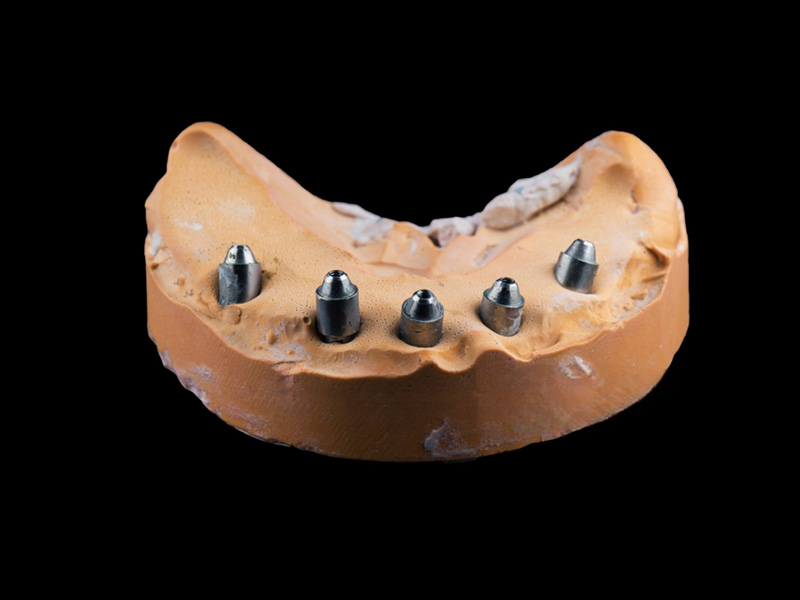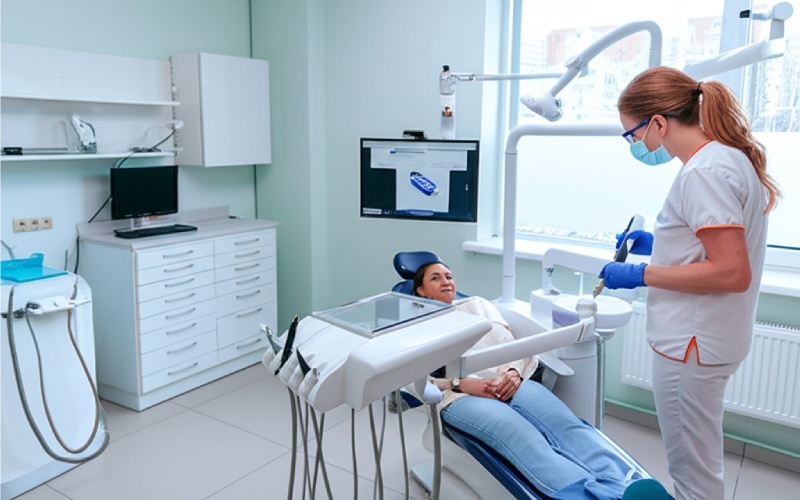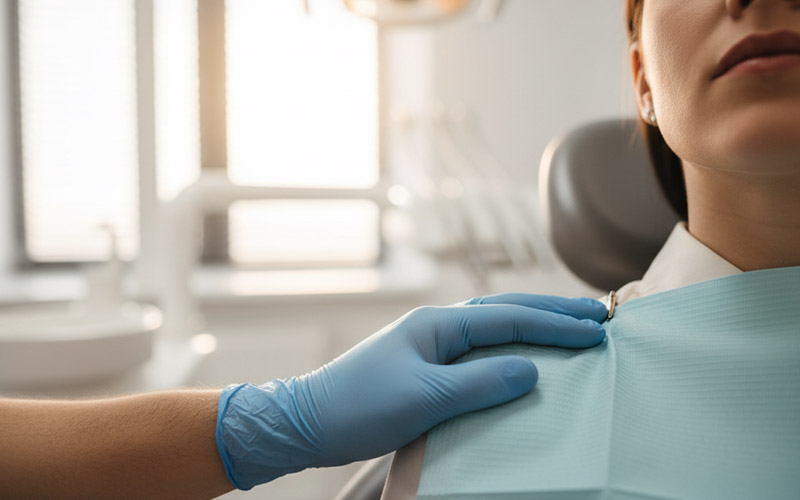
Do Dentists Do Free Work? Understanding Your Options for Affordable Dental Care
Whenever I hear someone say, “Do dentists really help people for free?” I remember a time when I was in big trouble with my teeth. My gums were swollen, my tooth hurt, and I had no clue how I’d pay the bill. I didn’t have dental insurance. Money was tight. Toothaches don’t care about your budget, though.
That’s when I started looking for answers. I wanted to know – do dentists help folks like me for free or at least charge less? Is free dental work even a real thing, or is it just a nice idea? After doing some research, I found out it does exist, but it doesn’t always look how you’d expect. If you’re also worried about paying for the dentist, let me share what helped me. I’ll show you simple ways to get cheaper dental care, explain who can get it, and give real examples from my own search.
Table of Contents
What Does “Pro Bono” Mean for Dentists?
When I first heard about “pro bono,” I thought it just meant “free dental care.” But it’s a little more detailed than that.
Pro bono just means “for the public good.” Dentists give their time and skills at no charge to the patient. You might hear “sliding scale” or “low-cost” too, but that’s different. Sliding scale offices charge less based on your income; real pro bono care costs you nothing at all.
But here’s the tricky part—most private dentist offices have lots of bills to pay, like their workers, supplies, rent, and dealing with paperwork. They can’t give everyone free care. While some dentists help one or two people in their own office, most of the no-cost care happens through organized events, clinics, or as part of bigger groups.
When I got this, I understood I shouldn’t get upset if my local dentist couldn’t help for free. Free dental work is out there—but you may have to look past your usual neighborhood office.
How Dentists Give Free or Cheaper Care
Here’s what I found about how dentists help people who just can’t pay the usual price. You don’t always need to have no insurance at all—people going through hard times, who are homeless or very sick, can qualify.
Volunteer Programs and Charity Events
I first learned about free dental work at a weekend event called Mission of Mercy (MOM). It was in a school gym. Tons of people were there—there was a line around the building. Dentists, hygienists, and helpers gave two days of their time. In 48 hours, hundreds of people—kids, parents, older folks—got teeth pulled, cavities filled, and cleanings, all for free. I was one of the lucky ones that day. I’ll never forget the relief.
Events like this don’t last long, but they can change your life. Some programs I found:
- Mission of Mercy clinics: Big events, up to 2,000 people get seen per event.
- Give Kids A Smile (GKAS): For kids who need basic dental care. Since 2003, over 7 million kids got help.
- Remote Area Medical (RAM): Goes to small or far-off towns with free medical and dental services.
- International Outreach: Some dentists go to other countries to help urgent needs.
The best part? These events depend on dentists and helpers donating their time. If you hear about one in your town, don’t wait. Get there early!
Non-Profit Groups and Special Programs
Non-profit groups were a big find for me. Here’s what I learned:
- Donated Dental Services (DDS) / Dental Lifeline Network: This group helps people with disabilities, long-term sickness, or older folks find a dentist nearby who does the work for free. Already over 370,000 helped!
- Community Dental Clinics & Government Clinics: Counties or FQHCs sometimes have sliding-scale or even free dental work, chargers depend on your income.
- Dental School Clinics: Dental students (watched by experienced dentists) need real people to practice with, so you get care much cheaper.
I went to a dental school once. Sure, it took longer, but they were careful. And most of all, I could actually pay for a cleaning or filling.
If you want your money to go further, try these groups. They often work with big charities, dentists nearby, and sometimes the World Health Organization (WHO).
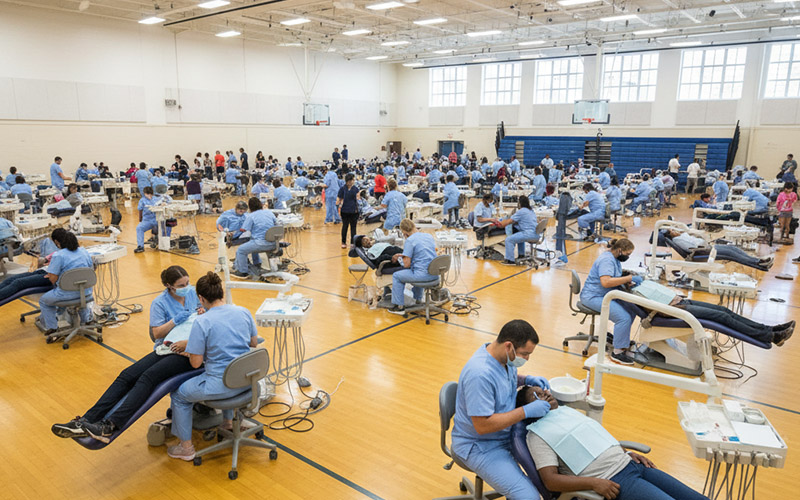
Special Situations and Targeted Help
While searching, I found out there’s help for people in tough spots:
- Help for Veterans: Veterans Affairs (VA) dental benefits might work if your service fits their rules.
- Help for Victims: Sometimes dentists team up with shelters or support groups to help people getting over trauma or violence.
- Disability or Medical Hardship Programs: You might need doctor’s letters, but if you’re very sick, disabled, or elderly, special free care could be there for you.
One of my friends, a veteran, got dentures paid for by a state dental grant. He found out only after asking at his local VA clinic.
How I Found Free or Low-Cost Dental Care in My Area
Still reading? You’re probably thinking—how do I actually get this help? It’s a lot like hunting for treasure, but if you hang in there, you’ll find it.
This is how I looked:
Ask State and Local Dental Groups
I called my state dental group first. Most have phone numbers or websites that show dentists who do free or cheap work. Local groups or county dentist groups sometimes know about small local clinics or charity days.
Check Out Federally Qualified Health Centers (FQHCs)
These clinics give full healthcare, including dental, with payment based on what you can afford. I used HRSA to find the closest one near me. They told me to bring an ID and a paper showing my income.
Try Dental School Clinics
I just searched for “dental school clinic near me” and looked at reviews. Each one was different, but in general:
- They do everything—fillings, cleanings, crowns, root canals, extractions.
- Appointments might be slower but way cheaper.
- Usually, you’ll need to call ahead and wait your turn.
Look Into Non-Profit Dental Groups
Groups like Dental Lifeline Network and America’s Dentists Care Foundation let you apply online. I filled out a form, sent proof of my money and health problems, then waited for a call to link me with a dentist.
See What Government Can Offer
Don’t ignore this, even if you think you won’t fit:
- Medicaid or CHIP: Most states pay for kids’ dental care, sometimes adults too.
- VA Dental: Veterans might get help if they have the right service history.
- Health Departments: Many city or county health offices have clinics with free or cheap urgent and basic dental.
Search Online and Ask Around
Searching things like “free dental care near me” or “cheap tooth extraction” helped me find hidden gems. Sites like 211.org list community help. Don’t forget Facebook groups or Reddit—sometimes the real gold comes from talking to other folks who’ve been there.

Am I Eligible? What to Know Before Applying
You may be asking, “Who can get this help?” It depends on the program, but here’s what I found.
Most programs look for:
- Income: They usually help people under a certain amount. Bring tax forms or a pay stub.
- Where you live: You might have to show you live in a certain county or state.
- Medical need: If you’re sick, disabled, or getting cancer treatment, you might go to the top of the list.
- Veteran status: For VA programs, you’ll need to show you’re a vet.
How to apply often goes like this:
- Fill out an online or paper form.
- Send papers proving who you are, what you make, and what your dental problem is.
- Wait—a few weeks or a few months, depending.
- If you’re picked, you’re matched with a local dentist, clinic, or invited to an event.
A quick tip—keep following up. If nobody calls back, ask again. Most of these groups have small teams, so a nice reminder can help.
What Difference Does Free Dental Work Make? The Numbers
The amount of work dentists do for free really surprised me! Get this:
- The CDC says 1 in 4 adults in the U.S. (about 25.5%) skip dental care every year because it’s just too pricey. For lower-income adults, it’s over 43%.
- The American Dental Association says 70% of dentists do some sort of free or charity dental work every year—either at events, giving lower prices, or seeing people for nothing.
- Give Kids A Smile has given out over $200 million in free care to more than 7 million kids since 2003.
- Dental Lifeline Network (DDS) has given away over $500 million in care to over 370,000 people thanks to 15,000+ dentists.
- Community Health Centers (FQHCs) cared for more than 6.9 million dental patients in 2021 on a sliding scale.
Once I saw these numbers, I finally believed I wasn’t alone. Clearly, there’s a need, and dentists really do step up, sometimes quietly, often where no one sees.
Caring for Your Teeth: Extra Tips and Other Options
Sometimes, even with all this, the timing or rules don’t work out. That happened to me a couple of times. Here are a few things that helped me while I waited:
- Know what’s urgent: If you have swelling, fever, or lots of pain, look for an urgent care clinic—many will help for free or for less.
- Keep up the basics: Brushing, flossing, and using cheap mouthwash can keep small problems from getting big. It’s simple and saves money.
- Ask about payment plans: Some dentists will let you pay little by little, or give you a better price if you pay cash. Being honest about your money problems sometimes helps.
- Try dental discount programs: Some groups like China dental lab and others might help find cheaper ways to get dentures or crowns.
- Dental schools for big jobs: If you need fancy work, check out dental ceramics lab or crown and bridge lab through university clinics—they’ll save you a bundle.
Remember, if your mouth hurts, don’t quit looking. Even if it’s a pain to call and wait, there really are helpers out there.
Wrapping Up: Getting Help and Keeping Hope
If I could go back and tell my younger self just one thing, it’d be this: cheap or free dental care is real, and you have every right to ask for help. Yes, dentists help people for free—sometimes at big charity days, sometimes in their own offices, often through non-profits, schools, or government clinics.
It does take some digging, a lot of calls, and a bit of patience. There’s no shortcut, and sometimes you’ll hear “no” or have to wait longer than you want (believe me, I know how that feels). But you’re not the only one, and people really do care. If you start by asking local clinics, checking with dental organizations, and try every route you find—including zirconia lab or emax dental lab if you need special dental stuff—you’ll find help in the end.
Go one step at a time. Ask questions. And if you hear “no,” keep asking—sometimes you just need to knock on the next door down.
Got a question about free dentist care, or have your own pro bono dental story? Leave a comment below. Your tips could help the next person find the care they need and the hope to keep looking.

